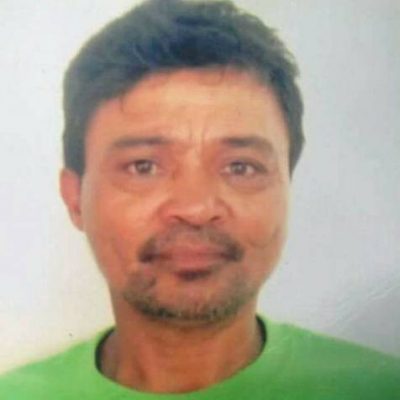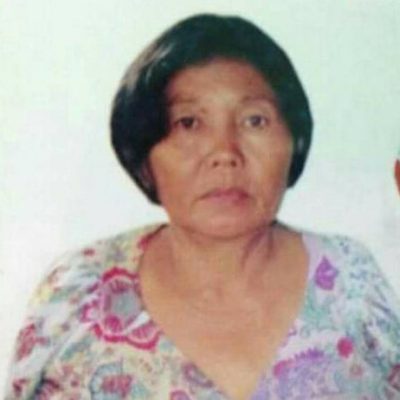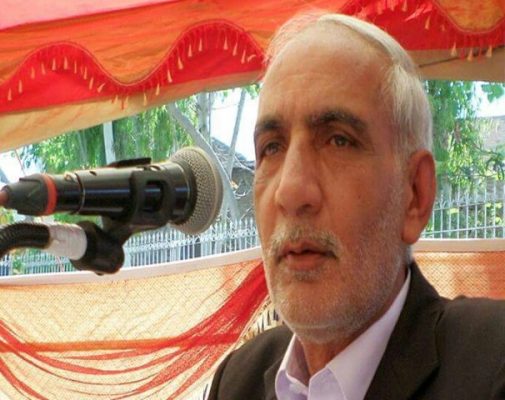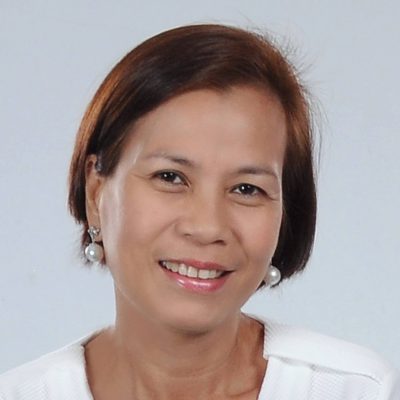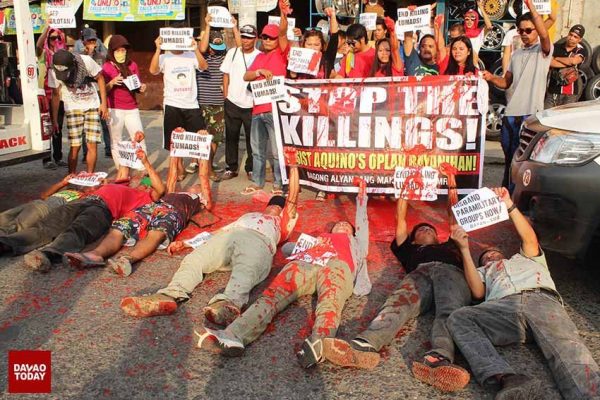
DAVAO CITY, — Three farmer activists, including a couple, were all killed on March 27, in Compostela Valley, barely a week before the fourth round of peace talks are set to begin between the NPA and the Philippine government.
The victims were named as Cora Molave Lina (45) and Arman and Arlyn Almonicar, a couple, all of whom were members of Nagkahiusang Mag-uuma sa Laak, Compostela Valley (United Farmers of Laak, Compostela Valley).
According to local reports “Lina had been receiving threats from the military and was summoned many times by the military to visit their battalion camp. She had also been tagged as a sympathiser of the New People’s Army”.
According to a source as reported in Davao Today, ”they lend their vehicle to farmers who will attend forums or mobilisations, just like in January during a peace forum in Laak, Compostela Valley,” the source said.
The forum last January 10 was organized by the National Democratic Front of the Philippines and the New People’s Army.
Philippine human rights organisation Karapatan pointed to the members of the intelligence unit of the 60th Infantry Battalion based in Laak as the suspected perpetrators of the crime.
Arman and Arlyn were the second couple killed in Compostela Valley this year.
On March 2, Ramon and Leonila Pesadilla were killed inside their house in Barangay Osmeña in Compostela town, Compostela Valley Province.
Ramon and Leonila were members of the Compostela Farmers Association, a local anti-mining group, which reported that they had being tagged as members of a rebel organisation by the military.
The military has denied the accusations.
Second lieutenant Amadeus Celestial, civil military operation officer of the 60th Infantry Battalion told Davao Today, “definitely we do not have any involvement on the case. Our troops are intact and we do not engage in those activities”.
He added that apart from gathering information, the work carried out by members of their intelligence unit facilitates rebels who wish to surrender, “particularly those who have concerns for their safety,” Amadeus said.
Meanwhile, the Unyon ng mga Manggagawa sa Agrikultura in Southern Mindanao condemned the killing of the farmers.
Lito Lao, chairperson of UMA-SMR is quoted as saying that if the killings continue, “this government is in a far worse position than the past regime of Aquino.”
According to Lao a total of 15 farmers and activists were killed in Southern Mindanao under the Duterte administration. Lao believes, “most were perpetrated by suspected military operatives.”
According to Cristina Palabay, Secretary General of Karapatan, a human rights Philippines based NGO, “efforts of journalists to report on extra-judicial killings in the Philippines should be lauded, instead of being toned down…we enjoin journalists to report on the increasing number of political killings, illegal arrests, bombing of communities and other human rights abuses of State actors, in relation to the counter-insurgency program and all-out-war of the Duterte regime and the AFP.”
Cristina continues, “what is needed to solve crimes and sustainably counter the social malaise causing insecurity among Filipinos are political reforms that address landlessness, lack of secure jobs and living wages, accessible social services and utilities, rural development and national industrialisation.”


